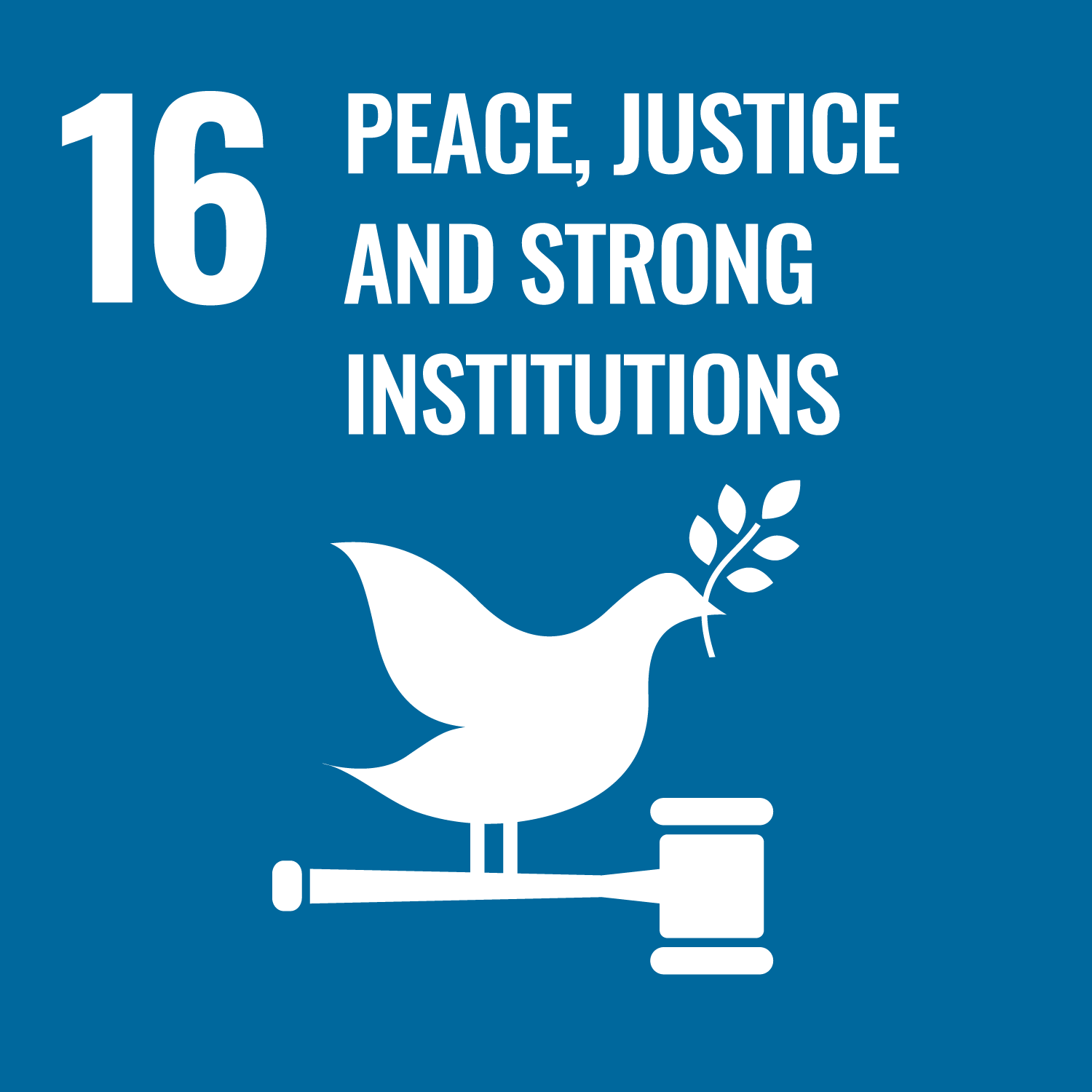Developed by Edge Effect for the Equality Justice Alliance (EJA), this multi-country study considers the experiences of feminist/women’s rights activists and diverse SOGIE activists with backlash and resistance in the course of their norm-changing work. EJA works across Commonwealth countries; thus, the research paper consider the experiences of activists in Saint Lucia, Sri Lanka, Tanzania and Tonga. The paper seeks to answer the following questions:
- What is backlash?
- How is backlash used as a tactic against activists as well as social and political
movements? - How can women’s rights activists and SOGIE rights activists in Commonwealth countries respond?
The report found that backlash and resistance takes many and multiple forms across these four country contexts. The report introduces the context in which research took place as well as theoretical frameworks for understanding backlash and resistance as specific responses to social progress. Specific case studies, such as backlash against CEDAW in Tonga, are used to illustrate the definitions and ideas behind backlash and resistance as specific and consistent types of responses. The report then discusses specific experiences activists have with backlash and resistance and draws out common themes. Tactics to address backlash are then discussed before moving into recommendations for activists and organisations who face backlash; donors who fund diverse SOGIE or women’s rights organisations; and policy makers.
EdgeEffect_Backlash_Full-Report







